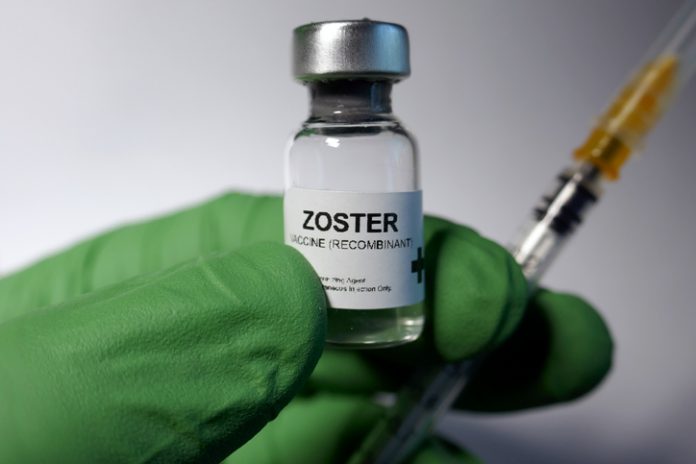Shingles Awareness Week (26 February to 3 March) seeks to raise awareness about shingles and engage with those more at risk of contracting shingles. It is also an opportunity for healthcare professionals to educate patients and dispel misconceptions about shingles.
New Research commissioned by global healthcare company GSK has revealed that a number of misconceptions and knowledge gaps exist within the Australian population, specifically about the signs, symptoms, and impact of shingles.
The GSK survey of 201 general practitioners (GPs) revealed that 78 per cent of GPs surveyed felt lack of time was one of the mains barriers to discussing shingles vaccination with more of their patients and 23 per cent cited that shingles vaccination doesn’t come to mind unless the patient asks.
This follows the shingrix (Recombinant Varicella Zoster Virus glycoprotein E antigen (AS01Badjuvanted vaccine)) being added to the National Immunisation Program (NIP) for the prevention of herpes zoster (HZ) and post-herpetic neuralgia (PHN) in Australia on 1 November 2023. A free shingles vaccine is available for those most at risk.
Data from an Immunisation Coalition survey highlighted that if a healthcare professional recommended vaccination for shingles, almost three-quarters (73 per cent) of Australians surveyed said they would receive it.
Professor Tony Cunningham, Director of the Centre for Virus Research and Professor for the Faculty of Medicine & Health at the University of Sydney, suggests healthcare professionals educate patients over the age of 50 about the disease, their personal risk and prevention options.
“As healthcare professionals, we play a pivotal role in empowering patients with the knowledge that as they age, their immune system declines. This age-related decline in immunity can lead to the reactivation of the varicella zoster virus, causing shingles. Shingles incidence increases with age, particularly from the age of 50. The lifetime risk of shingles is about 1 in 3, and this goes up to about 1 in 2 for people aged over 85. It’s also important for those who are at risk to understand that there are prevention options available.”
“During Shingles Awareness Week, seize the opportunity to engage with your patients about their personal risk of shingles and the potential disease impact. The consequences can be both painful and detrimental to their quality of life, so being aware of the symptoms and understanding their risk the potential complications is crucial. Beyond the initial pain, discomfort, and rash that can accompany the acute stage of shingles, some people will develop post-herpetic neuralgia, prolonged pain lasting for over 3 months. Post-herpetic neuralgia occurs in about 10 per cent of people aged 50-59, increasing with age to about 20 per cent in people over 80.”







